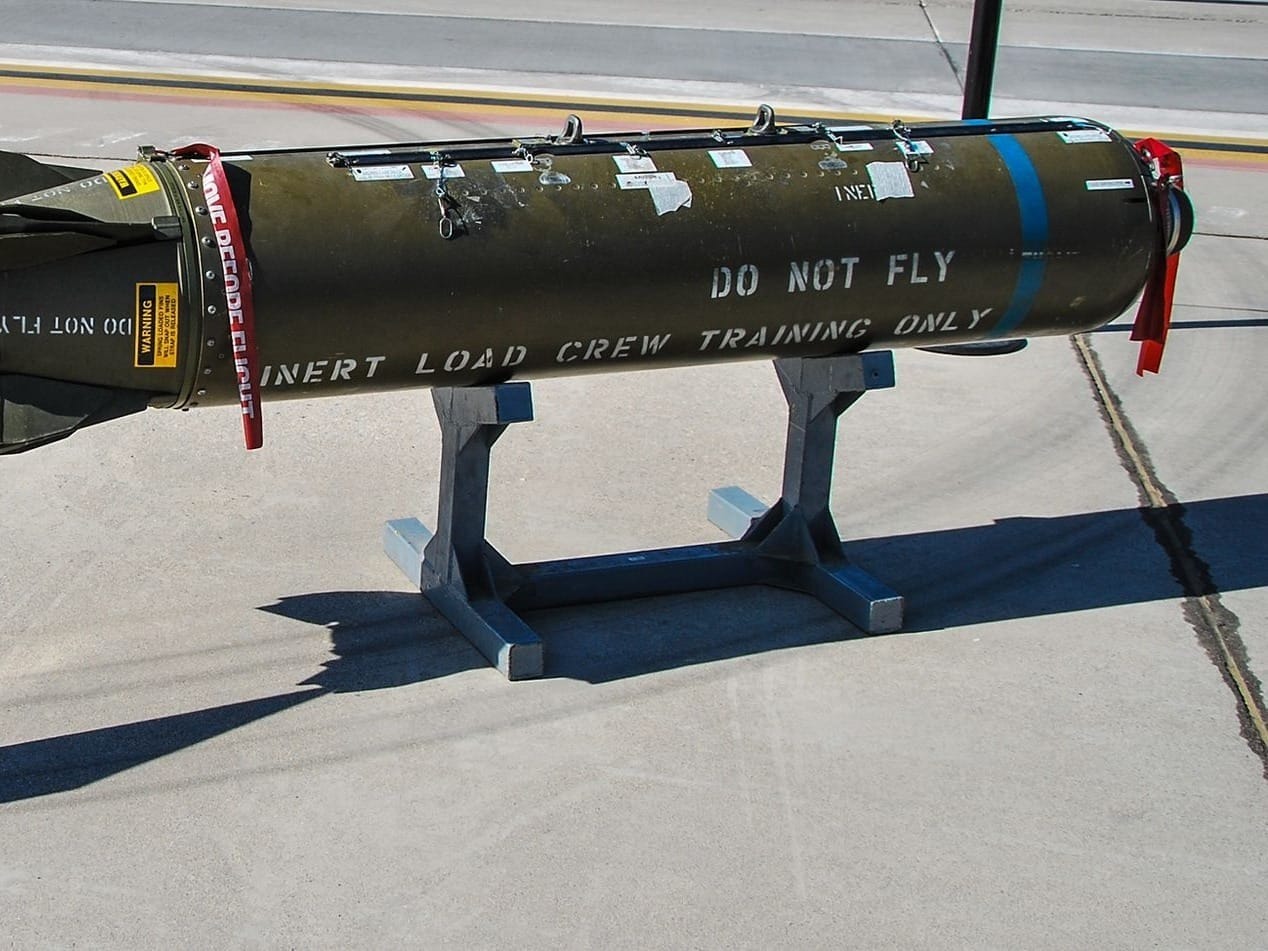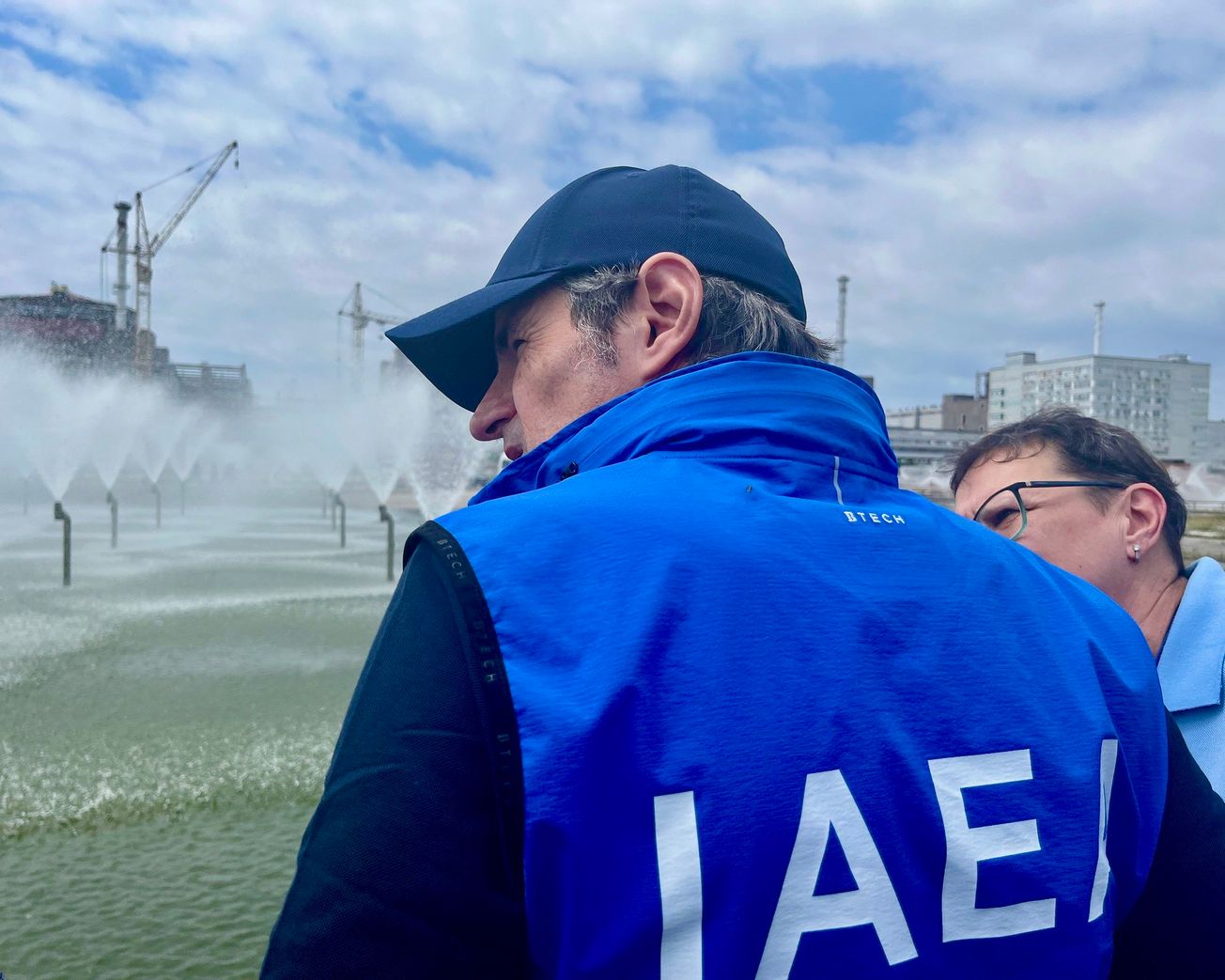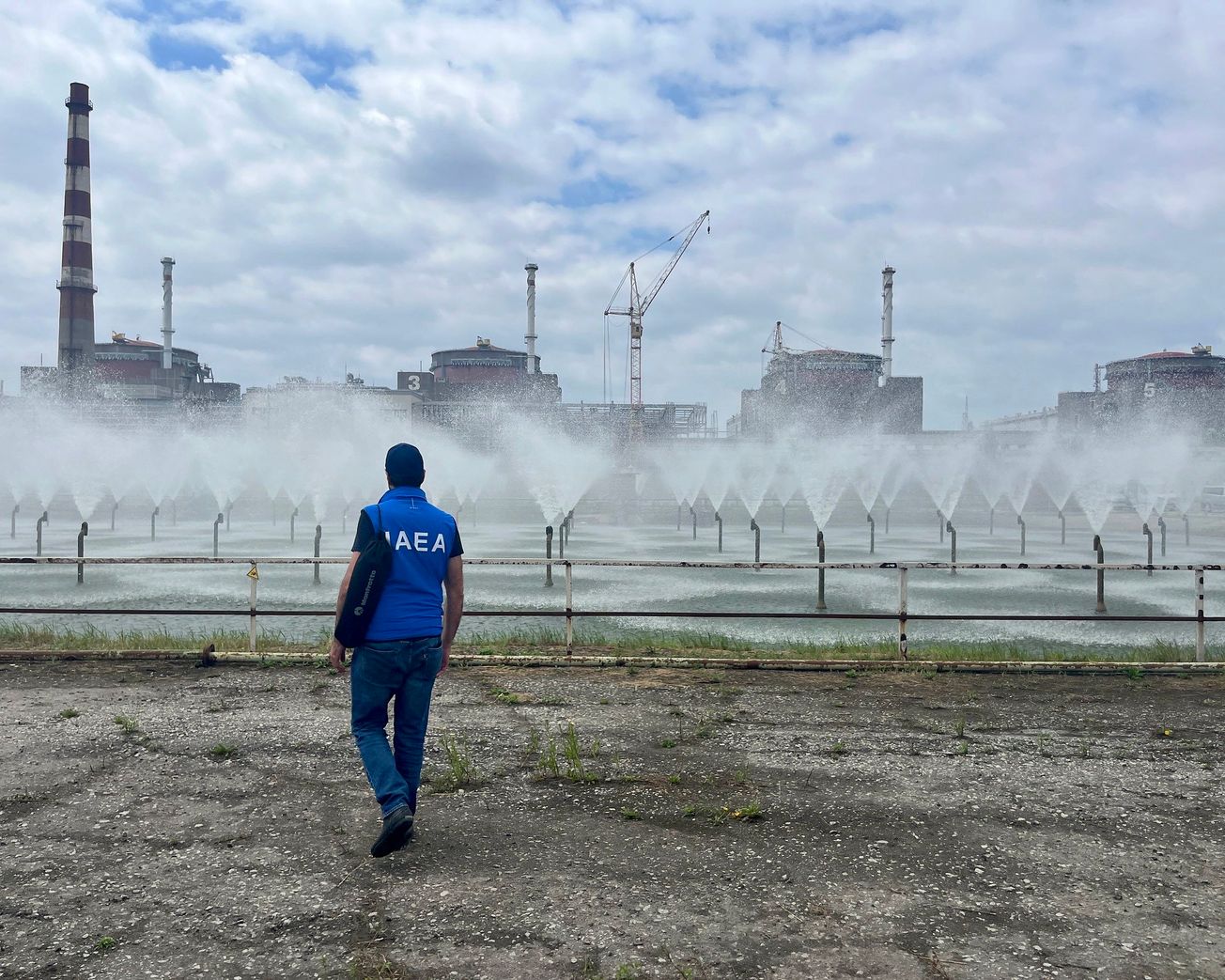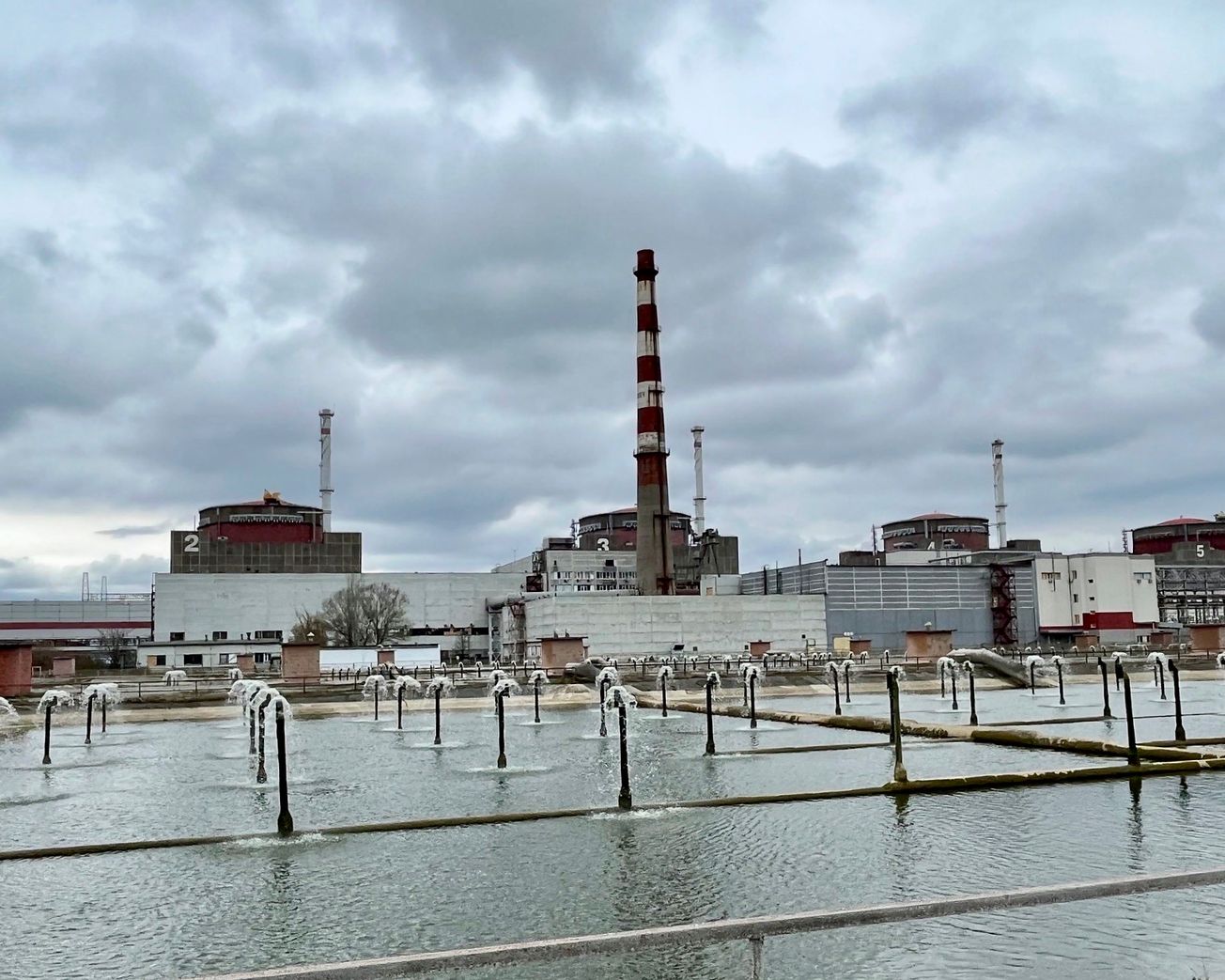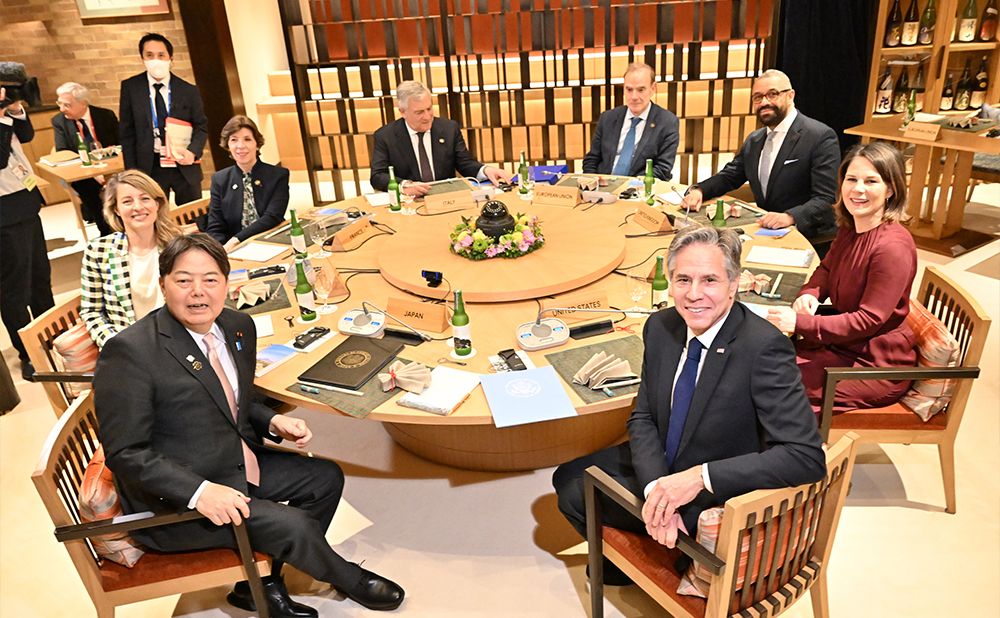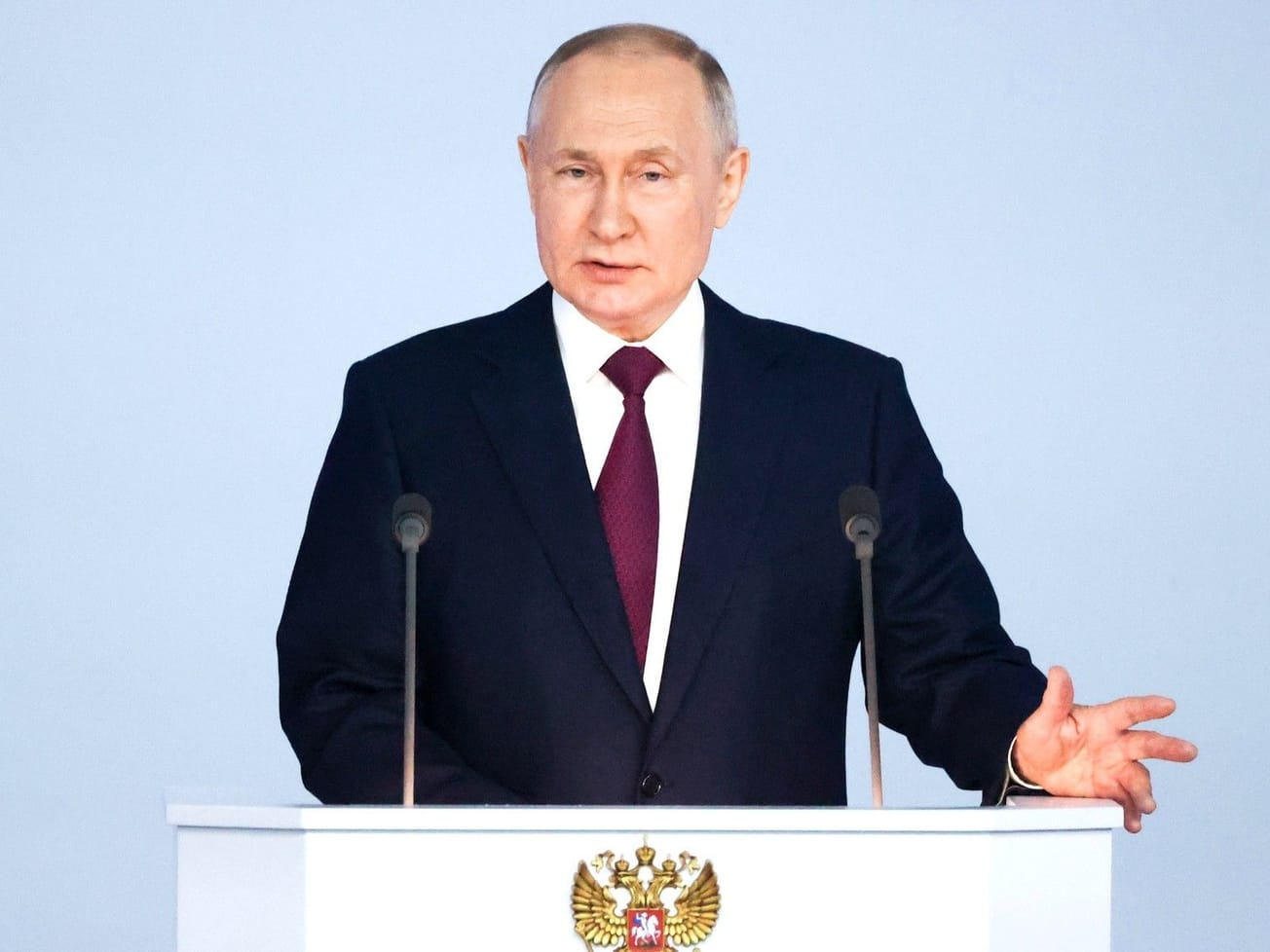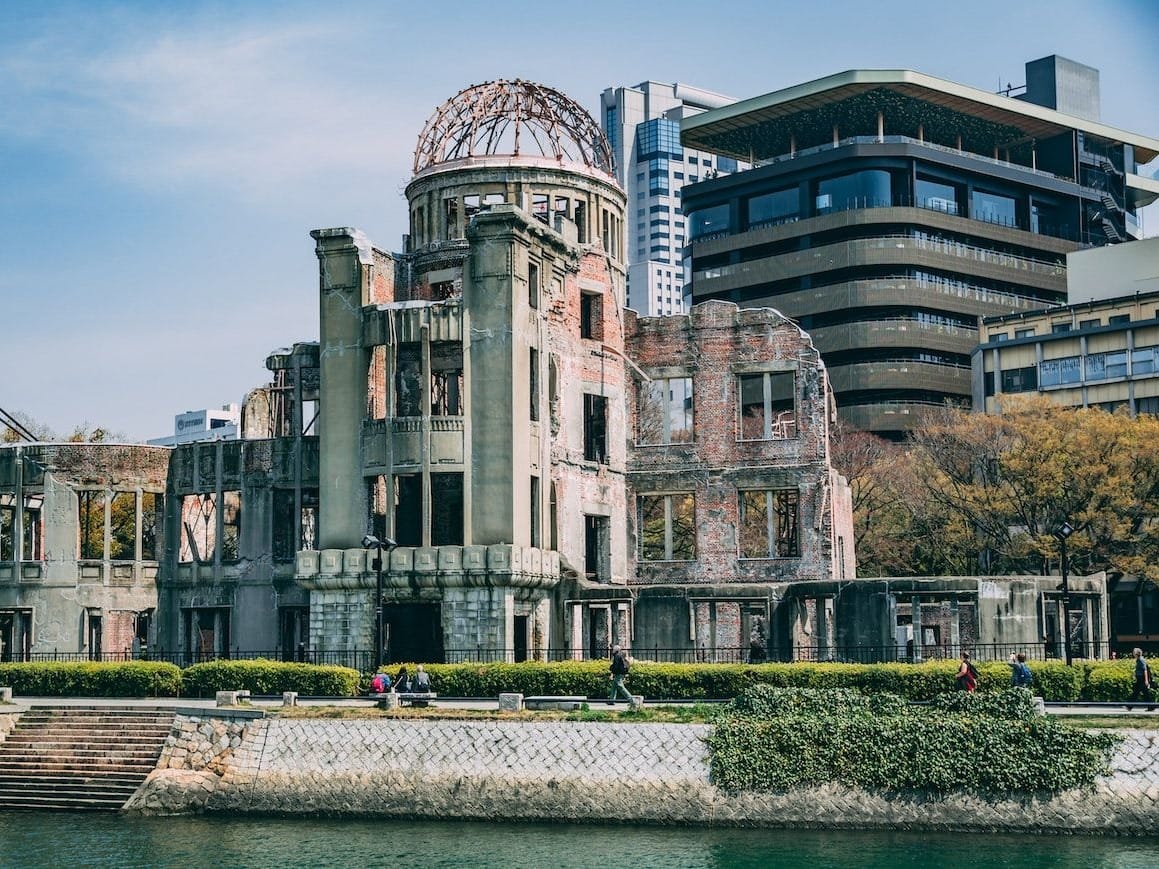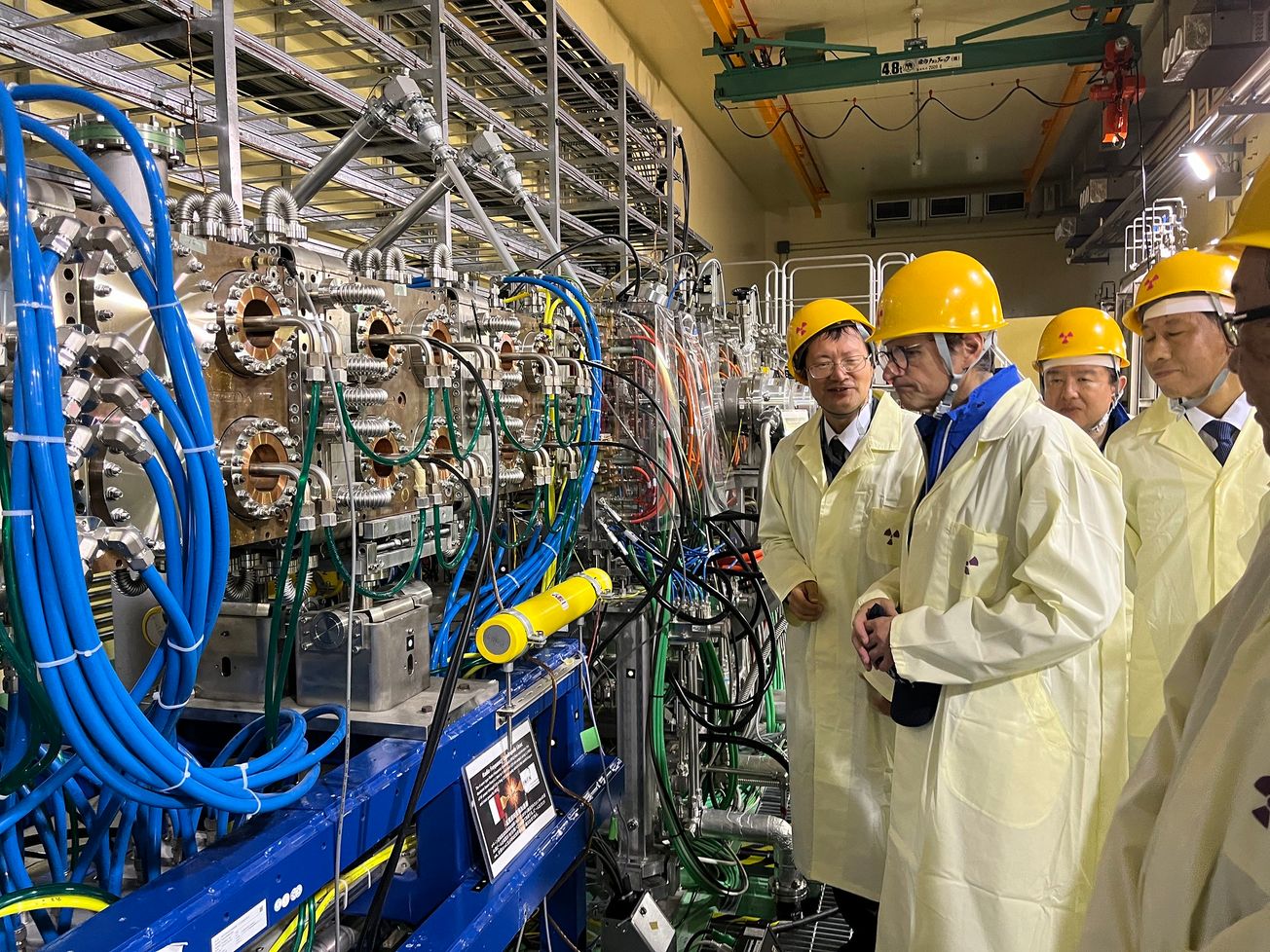
Groups warn of backsliding in nuclear security around the world
The biennial report noted the erosion of nuclear security coincides with growing nuclear security dangers and alarming increases in stockpiles of weapons-usable nuclear materials.
News and insights on nuclear security policy and weapons of mass destruction (nuclear, chemical and biological weapons), amid threats and risks ranging from Russia's war in Ukraine to North Korea's missile tests.

Already have an account? Log in
The biennial report noted the erosion of nuclear security coincides with growing nuclear security dangers and alarming increases in stockpiles of weapons-usable nuclear materials.
The weapons are banned under a Geneva-based treaty adopted by 111 nations, but not the U.S., Ukraine or Russia. Certain types are still permitted if they can self-destruct.
Experts with the Vienna-based U.N. agency have inspected parts of the facility in recent days and weeks, but Russian occupying forces are restricting some access.
The dam’s reservoir, with about 18 million cubic meters of water, provided water for Zaporizhzhya's cooling pools.
The total number of nuclear warheads fell worldwide, but the amount of operational nuclear weapons started to rise.
Kyiv said Russian forces blew up the Kakhovka dam and hydroelectric power station along the Dnieper River, while Moscow blamed it on the Ukrainian military.
Humanitarian leaders say the risk of nuclear catastrophe is the highest 'since the worst moments of the Cold War.'
IAEA experts at Ukraine's Zaporizhzhya Nuclear Power Plant were closely monitoring the situation after learning the town of Enerhodar was being evacuated.
The NATO chief emphasized the need to negotiate new arms control arrangements, despite broad geopolitical worries.
The Group of Seven's nonproliferation directors expressed alarm that Russia, China and North Korea have all been pushing to expand their nuclear-armed capabilities.
The number of nuclear warheads available to nations for deployment reached 9,576 at the start of 2023, up from 9,440 a year earlier.
Europe's biggest nuclear power plant is running on emergency diesel generators to prevent a major radiation catastrophe.
Putin said Russia will not withdraw from the treaty but will no longer allow NATO countries to inspect its nuclear arsenal.
The U.S. says Russia won't allow American inspectors to inspect its arsenal to ensure compliance with a post-Cold War agreement.
The symbolic clock was reset closer to the symbolic hour of apocalpyse amid Russia's war in Ukraine, which raised the risk of a nuclear confrontation.
U.N. atomic watchdog chief Rafael Mariano Grossi said diplomatic efforts to set up the nuclear safety and security protection zone are progressing and he hopes to soon reach agreement and put the much-needed measures into place.
